Danube Floodplain - Danube Floodplain Expert Training Meeting (Bucharest, 21-22 September)
26-10-2021
Within the Danube Floodplain project two important meetings took place in September, the Experts Training Meeting in 21-22 September and the second International Stakeholder Meeting in 22-23 September. Due to the actual pandemic covid-19 event both meetings were held in an online format (only some Romanian representatives attended physically). The meetings were organized by the LP - National Administration Romanian Waters.
The Experts Training meeting on Floodplain Management objective was to emphasize to the various experts the floodplain restoration and preservation approaches from the most important outcome of the project, respectively the Manual on how to preserve and restore a floodplain area.
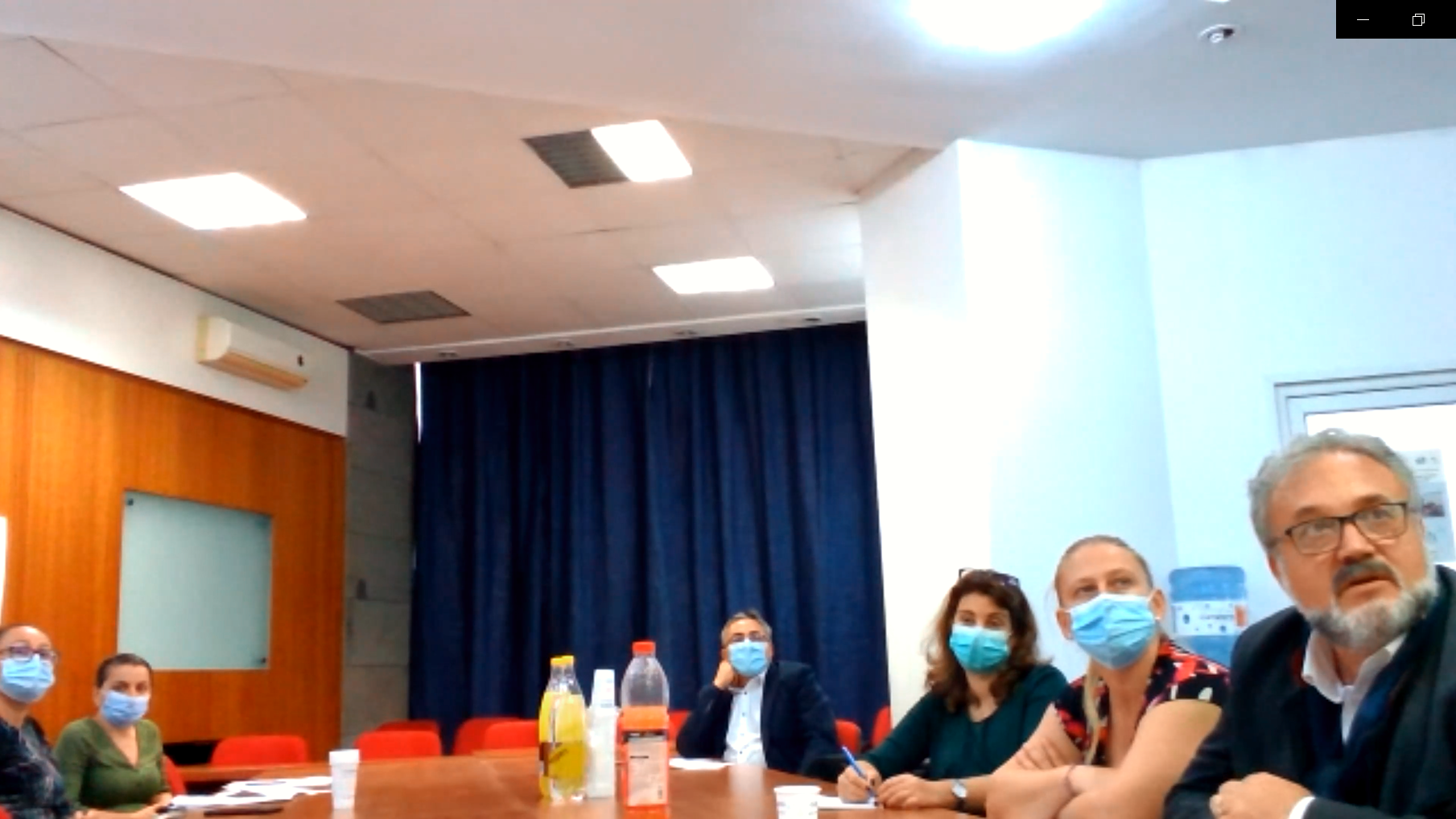 The Manual content is covered the following aspects: legal background information & synergies between water, flood and biodiversity EU Directives, the floodplain restoration in the Danube River Basin, the catalogue of “win-win” restoration and preservation measures for reaching flood protection, environmental and biodiversity objectives and the planning and implementing floodplain restoration and conservation projects.
The Manual content is covered the following aspects: legal background information & synergies between water, flood and biodiversity EU Directives, the floodplain restoration in the Danube River Basin, the catalogue of “win-win” restoration and preservation measures for reaching flood protection, environmental and biodiversity objectives and the planning and implementing floodplain restoration and conservation projects.
The meeting was attended by 53 experts from 25 institutions (water authorities, NGOs, research field, engineering and education).
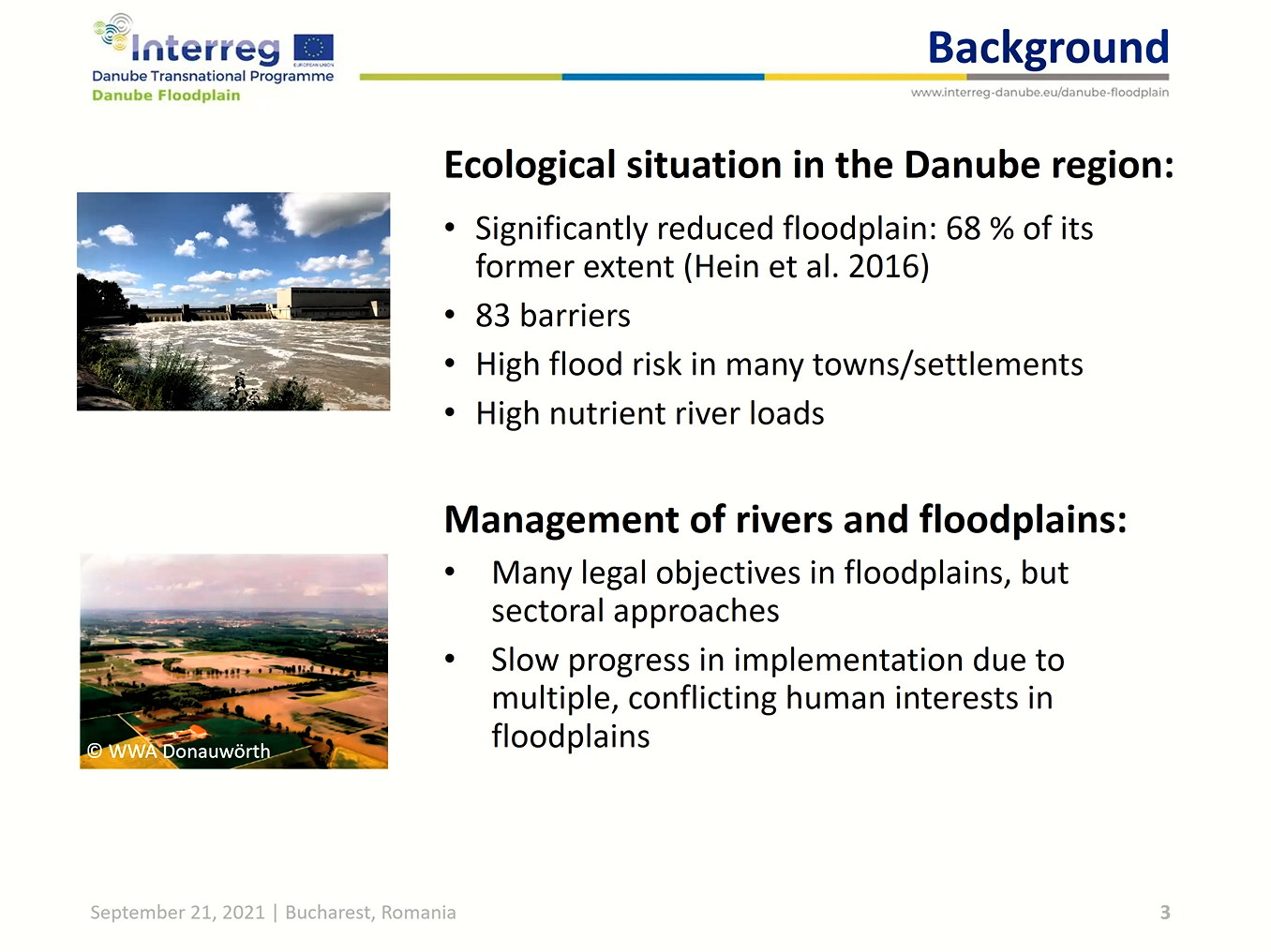 Before the presentation of the Manual, the Catholic University Eichstätt-Ingolstadt, the Technical University of Munich and the University of Natural Resources and Life Science from Vienna presented the inputs that served for the Manual elaboration as following: Report, database and maps of Ecosystem Services analysis of the pilot areas including a list, description, assessment, and ranking concerning the demands and supplies, Method documentation describing the implementation of Ecosystem Services and biodiversity to traditional Cost Benefit Analysis and the General evaluation tool based on table calculation or GIS software for possible later assessment of other restoration projects ensuring a simplified and standardized assessment of such projects.
Before the presentation of the Manual, the Catholic University Eichstätt-Ingolstadt, the Technical University of Munich and the University of Natural Resources and Life Science from Vienna presented the inputs that served for the Manual elaboration as following: Report, database and maps of Ecosystem Services analysis of the pilot areas including a list, description, assessment, and ranking concerning the demands and supplies, Method documentation describing the implementation of Ecosystem Services and biodiversity to traditional Cost Benefit Analysis and the General evaluation tool based on table calculation or GIS software for possible later assessment of other restoration projects ensuring a simplified and standardized assessment of such projects.
During the training meeting some aspects were emphasized:
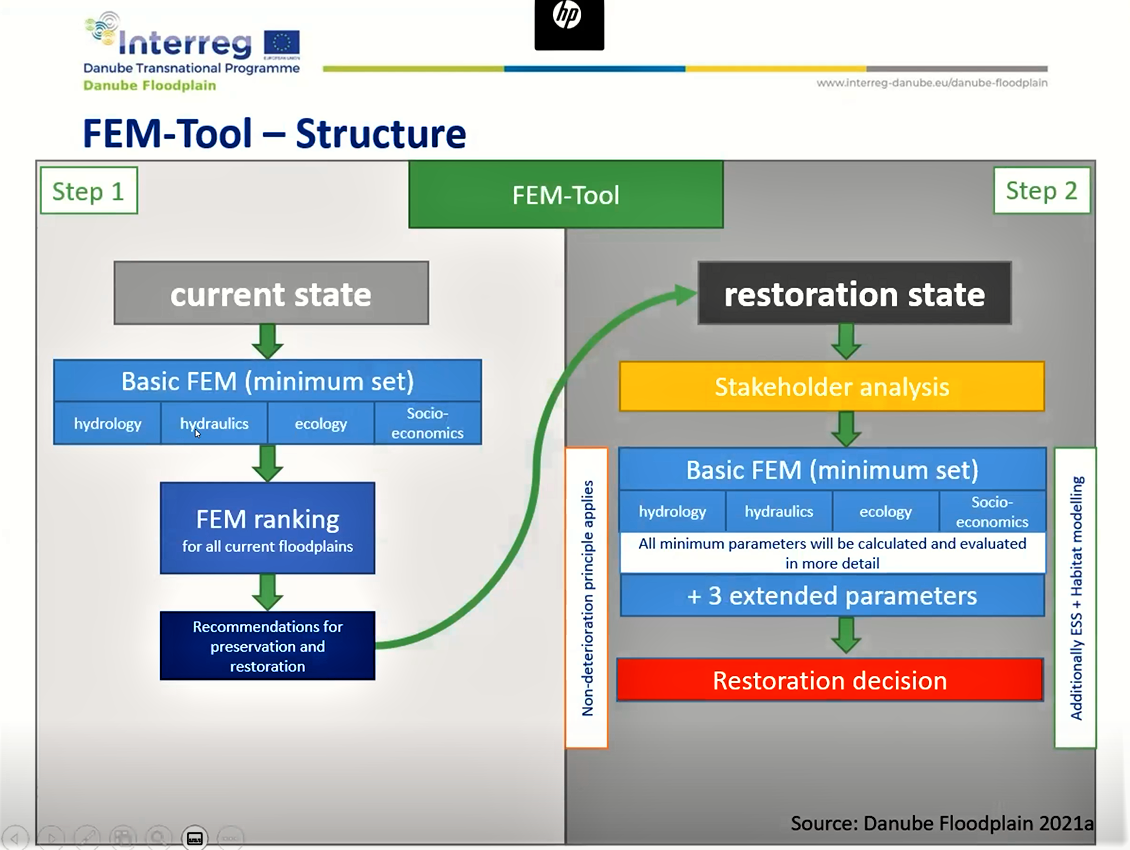 - one of the very important added value of the Danube Floodplain project in the process of planning and implementing floodplain restoration projects is the FEM methodology (floodplain evaluation matrix);
- one of the very important added value of the Danube Floodplain project in the process of planning and implementing floodplain restoration projects is the FEM methodology (floodplain evaluation matrix);
- for the future, new data for the area under study for assessment of ecological services in terms of what's happened with underground water and more input for data species requires also defining of monitoring system of such an area needed. These ecological ecosystem services was done and our approach in the project was to evaluate data in a cognitive way. Step by step collecting the more information in the area, we shall wait to transform our pulling in potential psychological impact into increasing efficiency in time. For this project, it was really important, the results of stakeholder meetings in order to maps all these ecosystem services as it was identifying and classifying provisioning regulatory and control routes. It is a winning process which it was already done;
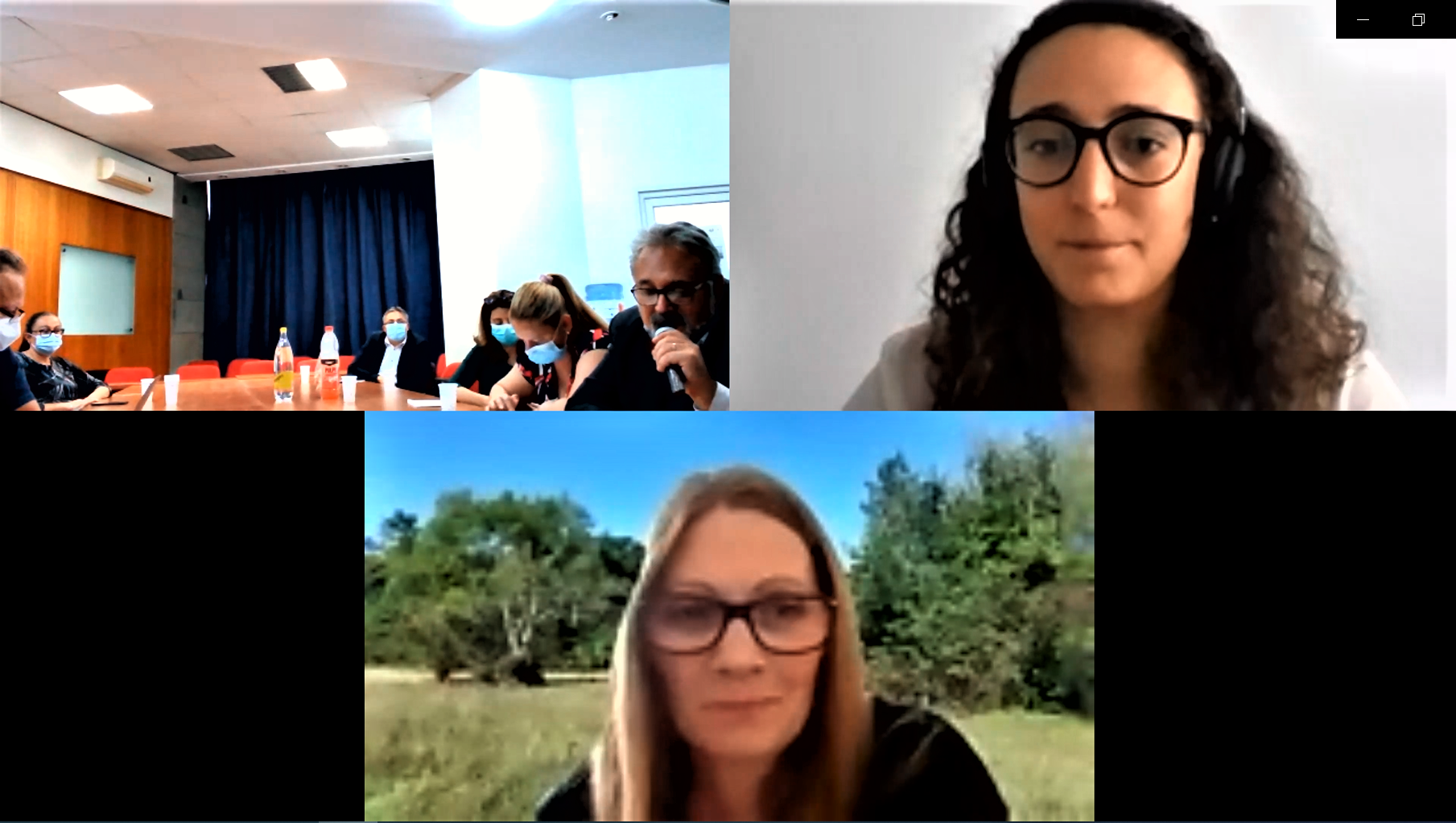 - regarding the part of Tessa toolkit for CBA, it was developed, actually with the goal of being used not at the scientific level, but more at the applied level. Also, for real life projects. There are some examples, not related to floodplain restoration that were also but still only published, in the research papers, but still with the applicant applied approach. It is manageable to work on the extended cost benefit analysis. The time requirements are much higher than previously expected.
- regarding the part of Tessa toolkit for CBA, it was developed, actually with the goal of being used not at the scientific level, but more at the applied level. Also, for real life projects. There are some examples, not related to floodplain restoration that were also but still only published, in the research papers, but still with the applicant applied approach. It is manageable to work on the extended cost benefit analysis. The time requirements are much higher than previously expected.
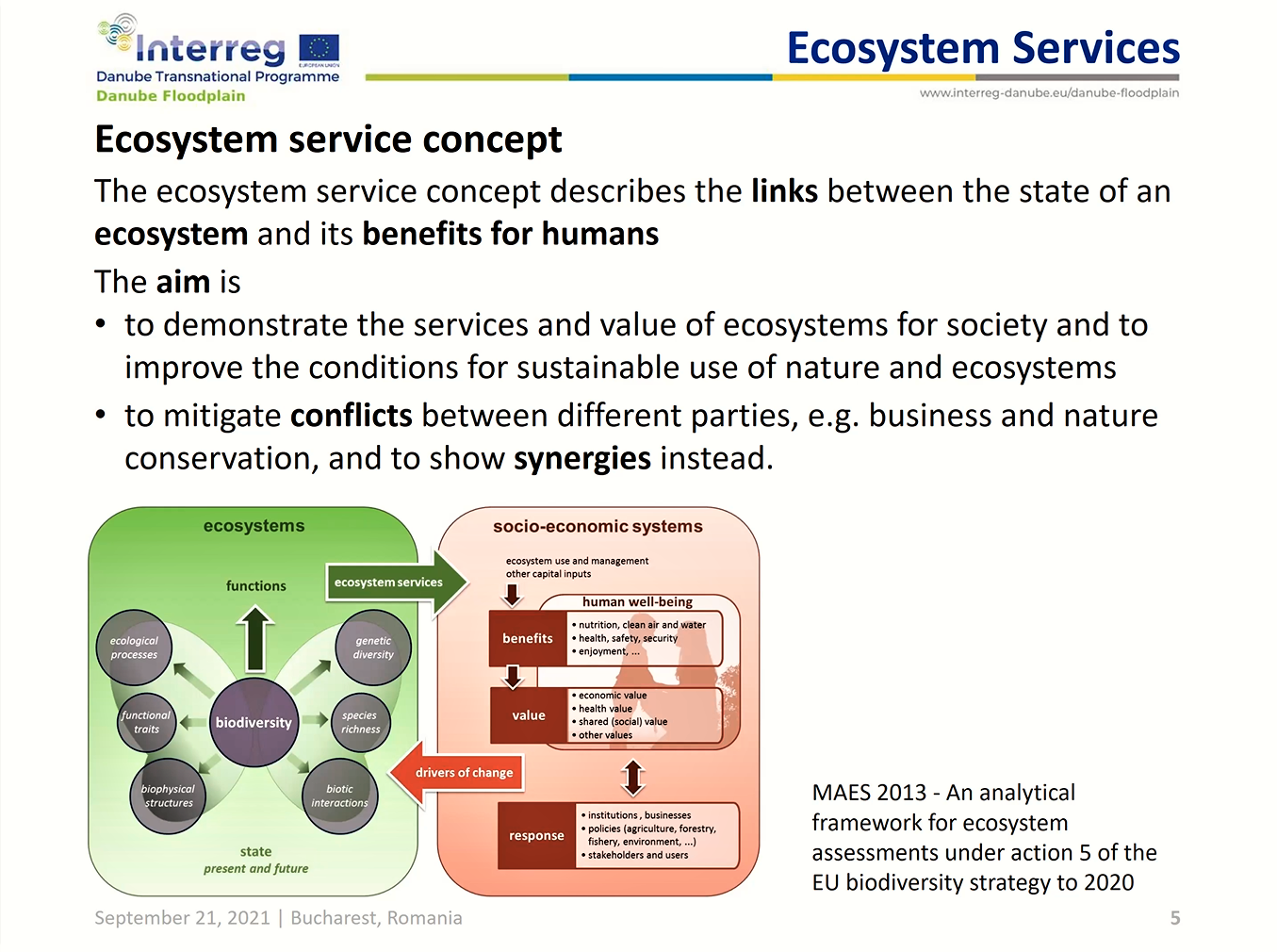 - in former projects there are some calculation for ecosystem services for floodplains and the results were used in the planning phase by the Water Authority at the Bavarian Danube. Maybe in the future, ecosystem services will be more implemented from the incipient phase of the projects;
- in former projects there are some calculation for ecosystem services for floodplains and the results were used in the planning phase by the Water Authority at the Bavarian Danube. Maybe in the future, ecosystem services will be more implemented from the incipient phase of the projects;
- the cooperation during the stakeholder involvement is the key aspect in such projects. We need to have all the models (tools) open to the public;
- the measures have been proposed by technical experts from authorities in general as a result of discussion with local authorities and stakeholders of their needs. Never the less the win-win measures are also based on good practices;
- in order to promote the implementation for our pilot projects, for the next period of time, it is important to start with the examples from other sources story, from other projects already implemented, the online meetings give us various instruments to have a pool and online poll and results immediately would be received.
